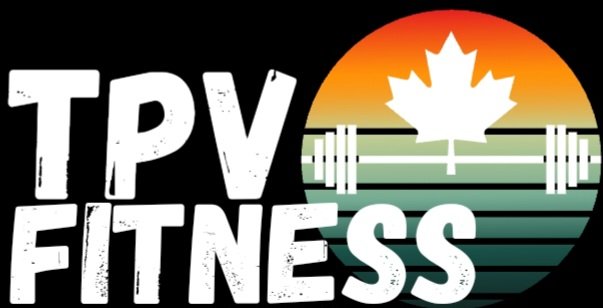TPV FITNESS BLOG

Eating Healthy Is Actually Normal—So Why Do We Call It Dieting?
In a world filled with fast food chains, sugar-laden snacks, and endless processed options, eating healthy has somehow become an anomaly. People who choose fresh fruits over fries or salads over burgers are often labeled as “dieting.” But when did eating the way nature intended become a special regime rather than the norm?
The Misconception of “Dieting”
The word “diet” originally referred to the food and drink consumed by a person. Over time, it became synonymous with restriction, weight loss plans, and temporary fixes. When someone says they’re on a diet, it often implies a short-term program to achieve a specific goal, like shedding pounds or gaining muscle.
This cultural shift has created the illusion that eating nutritious, whole foods is an act of deprivation rather than a return to what our bodies naturally thrive on. The truth is, eating healthy isn’t a diet—it’s simply eating.
Why We See Healthy Eating as Abnormal
1. The Ubiquity of Processed Foods
Today, processed and convenience foods dominate grocery stores. These products are designed to be addictive, with their sugar, salt, and fat content carefully engineered to keep us coming back for more. When the majority of people consume these foods daily, eating whole, unprocessed meals begins to look like an exception.
2. Marketing and Misinformation
The food industry spends billions marketing processed and “diet” foods, perpetuating the myth that eating healthy is complicated, expensive, or boring. Terms like “clean eating” or “superfoods” create the impression that healthy habits require special knowledge or a bigger budget, which isn’t true.
3. Social Pressures
Social events often revolve around indulgent foods. Choosing a healthier option in such settings can make you feel out of place, as though you’re breaking some unspoken rule. Over time, this societal norm reinforces the idea that healthy eating is unusual.
Healthy Eating Is the Default
Before industrialized food, people ate what was available in nature: fruits, vegetables, grains, and proteins in their natural forms. These weren’t diet foods—they were just food. Our ancestors didn’t count calories or avoid carbs; they ate to nourish their bodies and sustain energy.
Even today, nutritionists and health professionals emphasize a balanced diet made up of whole foods as the foundation of good health. These aren’t trendy recommendations; they’re common-sense principles based on how our bodies are designed to function.
1. Shift the Language
Let’s stop labeling healthy choices as “dieting” and start calling them what they are—eating well. Language shapes perception, and reframing healthy habits as normal can help remove the stigma around them.
1. Normalize Balance
Eating healthily doesn’t mean giving up your favourite treats. A balanced approach, where indulgent foods coexist with nutrient-dense ones, is sustainable and enjoyable. Healthy eating should never feel like a punishment.
2. Redefine Convenience
Preparing healthy meals doesn’t have to be time-consuming. Simple recipes using whole ingredients can often be quicker than waiting for takeout. Tools like meal prepping and slow cookers make nutritious meals accessible, even for busy lifestyles.
3. Educate and Inspire
Encourage conversations about food choices that prioritize health and well-being. Share recipes, experiences, and tips to make healthy eating approachable and enjoyable.
Eating healthy is not a diet; it’s the way we’re meant to eat. By challenging societal norms and reframing the narrative, we can reclaim wholesome eating as the default, not the exception. Let’s stop treating health-conscious choices as extraordinary and start seeing them as a return to normalcy.
Healthy eating isn’t about restriction—it’s about living fully, with energy and vitality. After all, shouldn’t nourishing your body be the most natural thing in the world?
-Coach Steph.


